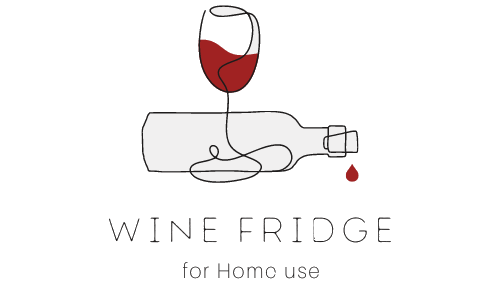Wine, as we all know, is a coveted nectar of the gods, an intoxicating ambrosia that often captures the spirit of celebration and merriment. However, maintaining its quality isn’t as simple as it appears. Wine is a natural, perishable food product, and much like any other food item, its quality can be significantly influenced by its surrounding environment. This delicate equilibrium between the wine’s taste and its surrounding factors is the reason why wine storage is often a complex and meticulous process.
 The Susceptibility of Wine to Its Environment
The Susceptibility of Wine to Its Environment
Left exposed to unfavorable conditions such as heat, light, vibration, or fluctuations in temperature and humidity, wine can quickly spoil. It’s not just the quality that gets affected, but the spoilage also results in alteration of the wine’s color and flavor, degrading the overall wine-drinking experience. Similarly, wine is also susceptible to odors. Yes, you read that right. Strong, pungent smells can impact your wine, and this is why it’s best to store your precious bottles of wine in a well-ventilated area, far away from strong-smelling items.
The Heat Factor
High temperatures are particularly damaging to wine. When exposed to heat (above 70°F/21°C), the wine can ‘cook’, resulting in flat flavors and aromas. On the flip side, storing wine in conditions too cold can also harm the wine. While refrigeration can slow the aging process and help keep wines fresh, prolonged refrigeration can dry out the cork, which might allow air into the bottle and damage the wine. The ideal temperature for storing wine is typically around 55°F/13°C.
The Light Variable
Light, particularly sunlight, can pose a significant risk to long-term storage. The UV rays can prematurely age wine, and this is particularly harmful for white wines and rosés, which are more delicate. Dark bottles are often used to mitigate this effect, but they can’t block all light. This is why wine is traditionally stored in dark cellars.
The Vibration Variable
Vibration can disturb the sediments in the wine, disrupting the delicate aging process. This is especially a concern for wines that are meant to be aged over long periods.
The Humidity and Temperature Fluctuation Factors
Humidity plays a role as well. If the air is too dry, it can cause the cork to dry out, allowing air to enter the bottle and spoil the wine. Conversely, very damp conditions can promote mold. Ideal humidity levels for wine storage are about 70%.
Moreover, frequent temperature swings can also cause the wine to expand and contract, which can push the cork out or cause seepage.
The Odor Aspect
Lastly, wine, being a complex and sensitive substance, can pick up strong odors, especially if the smells originate from the cork itself. A foul-smelling cork can spoil an otherwise good bottle of wine.
So, how does one ensure that their precious bottles of wine are stored correctly? The answer lies in proper storage solutions that mitigate these risks, such as wine coolers, wine cellars, or wine refrigerators. These tools help control the temperature, limit light exposure, minimize vibration, manage humidity, and isolate the wine from strong odors, thereby preserving the wine’s quality.
Remember, taking care of your wine isn’t just about enhancing its taste, it’s also about honoring the craft and passion that went into producing that bottle. So, protect your investment and elevate your wine experience by giving your bottles the care they deserve – isolate the wine, and let it shine in all its intended glory.
